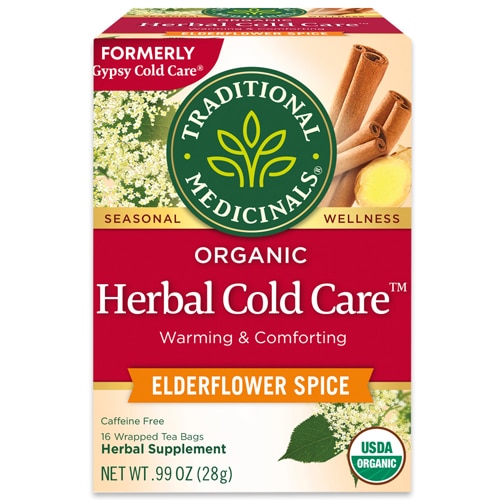Want to fill your shopping basket with items that support social justice and the environment? Look for the B Corporation seal, a handy shortcut that will save you hours of research into companies’ business practices and environmental impact.
The nonprofit
B Lab established B Corporation certification as a way to encourage companies to “use business as a force for good.” B Lab began in 2006 because its founders believed a “different kind of economy was not only possible, but necessary.”
Companies pursuing B Corp status undergo a rigorous certification process, during which they’re evaluated for their “social and environmental performance, accountability and transparency.”
When you see the B Corp seal on a tube of toothpaste, box of tea or bag of flour, you know you’ve purchased from a company committed to caring for people and the planet.
To date, B Labs has awarded B Corp status to over 9,000 companies, many of them your favorite brands for healthy staples like cleaning products, body care and pantry items.
Check out some of these standout B Corporations working to make business fair, safe, and healthy for all.
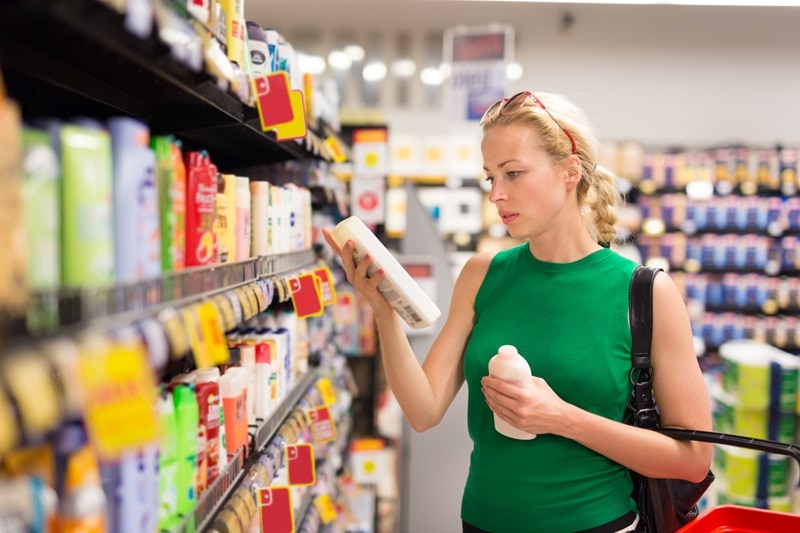
What is a B Corp? Meet the Brands That Put People & Planet First
Among the first companies to get awarded B Corp status when B Labs launched its certification process in 2007, pioneering
Seventh Generation has paved the way for non-toxic cleaners that have become far more common since the company’s founding in the 1990s.
Their mission: “to transform the world into a healthy, sustainable and equitable place for the next seven generations—and beyond” with plant-based products that are safe for people and gentle on the environment.
Signature products to try:
Free and Clear Dishwashing Powder
Recycled and plastic-free toilet paper
Non-Toxic Disinfecting Cleaner

B Corp certified in 2010,
Traditional Medicinals has worked for more than four decades to promote organic agriculture and equitable trade. The company makes a wide selection of herbal teas, made with organic ingredients like
lemon balm,
dandelion and
peppermint and packaged in fully compostable wrappers.
Signature products to try:
Herbal Cold Care
Chamomile & Lavender
Belly Comfort
Stress Ease
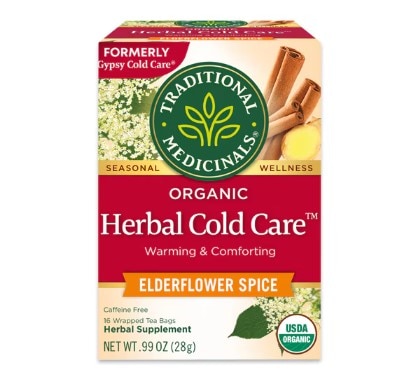
Founded in 1995,
Badger makes plant-based balms to soothe and protect skin using sustainably grown organic ingredients and low-impact packaging. Their facility is solar-powered, and the company was awarded B Lab’s “Best for the World: Environment” for 5 consecutive years.
Signature products to try:
Organic Sleep Balm with Lavender & Bergamot
Organic Sore Muscle Rub with Cayenne & Ginger
Adventure Mineral Sunscreen Tin
Badger Shampoo Bar
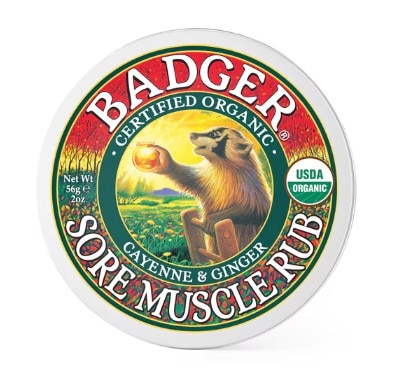
Founded in 2009,
Full Circle makes better-for the-planet cleaning tools and kitchen supplies featuring plant-based and compostable materials. If you’re looking for ways to avoid plastics, you’ll love their plastic-free sponges, bags, and wraps.
They use recycled plastic in their line of brushes and scrubbers made with materials like
bamboo and
coconut husks. Their
clean oceans heavy-duty dish brush is made entirely from recycled fishing nets.
Signature products to try:
Cellulose-based sponges
Compostable bags
Plastic-free
compostable cling wrap
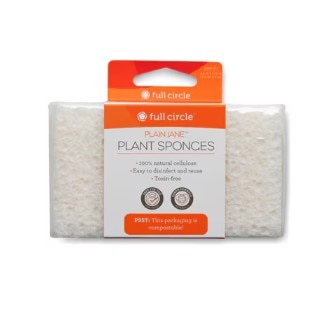
Founded in 1970,
Tom’s of Maine has a long history of producing naturally derived personal care products. Best known for its toothpastes free of artificial colors, preservative, flavorings and fragrances, it also makes oral rinses, soaps and deodorants.
The company does not test products on animals and is working to cut waste by using recycled and recyclable materials in packaging. Ten percent of profits support charities focused on environment, education, and health.
Signature products to try:
Wicked Fresh toothpaste
Sea Salt Natural Mouthwash
Kids’ Silly Strawberry Fluoride Free Toothpaste
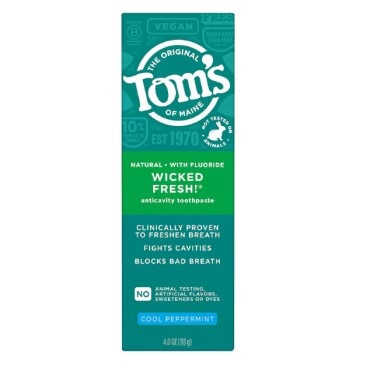
A company nearly as old as the United States,
King Arthur was a founding B Corporation in 2007, the first year B Labs awarded B Corp certification. The employee-owned company runs on renewable energy and sources grains grown using regenerative practices.
Signature products to try:
Organic Unbleached All-Purpose Flour
Measure for Measure Gluten Free Flour
Gluten Free Protein Pancake Mix
Organic Bread Flour
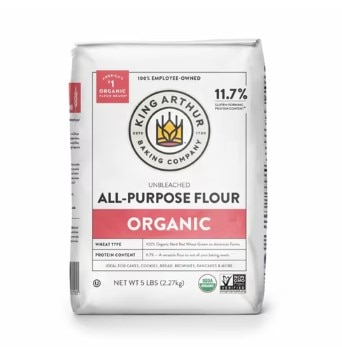
Since its beginning in the late 1980s,
Amy’s has brought ready-made vegetarian meals to a wider market, with a wide range of frozen and canned foods. Featuring organic ingredients, Amy’s makes vegan and gluten-free options as well.
As part of their commitment to “doing well by doing good,” Amy’s opened on-site healthcare for their workers and award educational scholarships to their employees. By prioritizing organic and plant-based ingredients, Amy’s products avoid contributing chemical and carbon pollution, while ongoing efforts aim to reduce waste and water use.
Signature products to try:
Organic Chili with Vegetables
Thai Curry Sweet Potato Lentil Soup
Organic Refried Black Beans
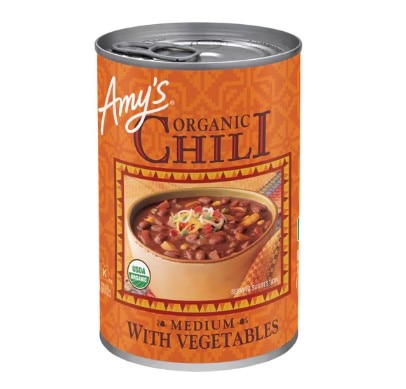
Recently B Corp certified,
Natracare makes organic and sustainable feminine care. Made from natural materials like organic cotton, Natracare products contain no fragrances or petrochemicals and does not do animal testing.
If you’re trying to
reduce plastic waste, you’ll appreciate that their pads and tampons are plastic-free and biodegradable.
Signature products to try:
Organic cotton panty liners
Organic and Natural Ultra Pads
Organic Cotton Tampons
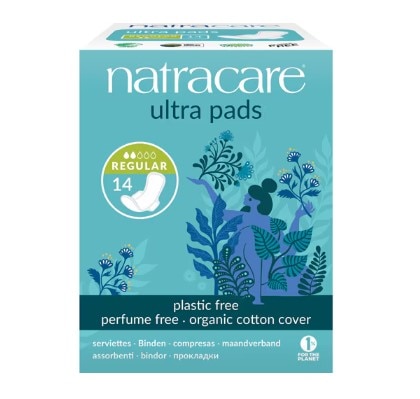 Desert Essence
Desert Essence makes a range of moisturizers, cleansers, haircare and oral care products without synthetic chemicals. Sourcing organic and sustainable ingredients, Desert Essence products are not tested on animals, and 20% of their profits go to charities.
Espousing the business-for-good model, Desert Essence believes that “working for the benefit of people and our planet is an essential element of success.”
Signature products to try:
Prebiotic Plant-Based Toothpaste
Soothing Hand and Body Lotion
Natural Refreshing Tea Tree Oil Mouthwash
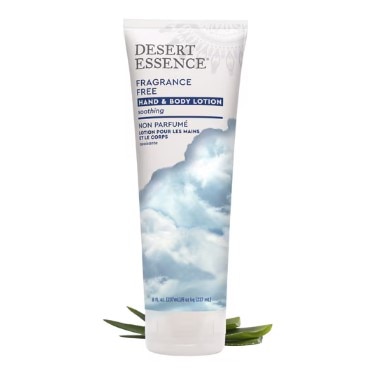 Organic India
Organic India makes delicious, handcrafted teas and supplements using regenerative agriculture practices to restore farmland harmed by chemically-intensive industrial farming. B Corp certified in 2015, Organic India trains marginalized farmers to grow herbs sustainably and help regenerate degraded farmlands and forests.
Their flavorful tulsi teas feature organically-grown
holy basil, the revered ‘Queen of Herbs.’ They also have a selection of organically-grown supplements, including antioxidant-rich
amla and
moringa powders.
Signature products to try:
Tulsi Sweet Rose Tea
Tulsi Lemon Ginger Tea
Memory Mental Clarity vegetarian capsules
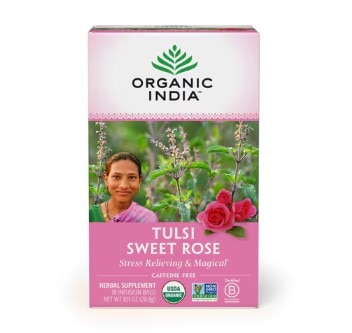
B Corp certified in 2009,
Alter Eco aims “to create food that restores the planet rather than depleting it.” They source their Fair Trade Certified organic chocolates from biodiverse, regenerative farms and package them in recyclable and compostable wrappers. A climate-neutral company, Alter Eco maintains that “Chocolate should be grown in thriving ecosystems, mixed with clean ingredients and wrapped in packaging that turns to compost, not landfill. From farm to shelf, our chocolate restores rather than depletes the planet.”
Signature products to try:
Classic Dark Truffles
Deep Dark Classic Blackout
Dark Chocolate Quinoa Crunch
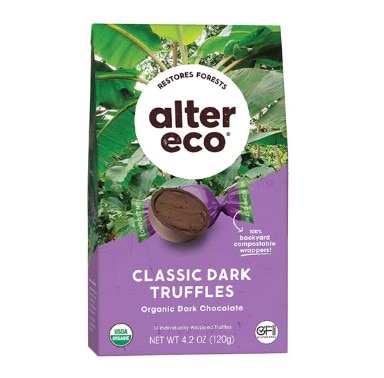
B Corp certified since 2011,
EO products are made with natural, organic and sustainably farmed ingredients in a factory powered by sun and wind. Since its founding 30 years ago, EO has worked to significantly reduce waste by reusing and recycling materials and making packaging from recycled content.
Signature products to try:
French Lavender Hand Soap
Citrus Deodorant Spray
Rose Geranium Bubble Bath

Using ingredients and herbs sourced from their organic herb farm,
All Good makes nourishing botanical and organic body care products. A
woman-owned business, All Good became a B Corp in 2009 and is Climate Neutral Certified. The company partners with 1% for the Planet to support environmental restoration and education.
Signature products to try:
Organic Healing Balm
Sunscreen Lip Balm
Tinted Sunscreen Butter
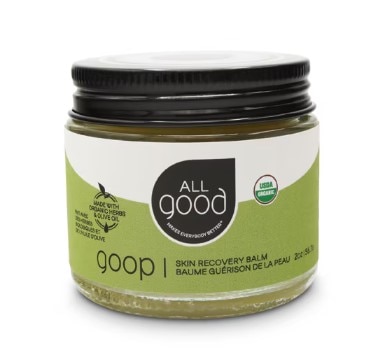 Navitas Organics
Navitas Organics was founded in 2003 with the goal of bringing the power of traditional nutrient-dense plants to more people. The company makes organic superfoods that are ethically sourced and sustainably grown. Working with growers who use regenerative agricultural practices, Navitas’s superfood ingredients are fair trade certified.
Signature products to try:
Cacao Powder
Maca Powder
Chia Seeds
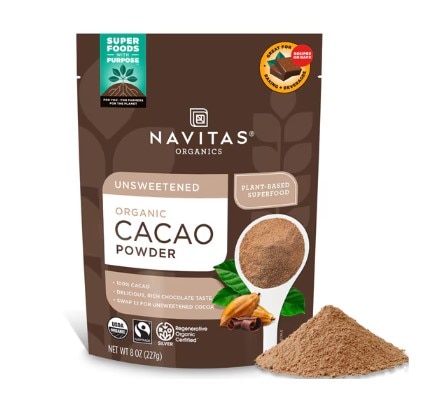
Founded over fifty years ago,
Yogi now makes forty tea blends from 140 plants in the world’s first LEED-certified tea production facility. They source ingredients from organic farms and package their teas in compostable and recyclable materials.
Signature products to try:
Elderberry Lemon Balm Immune + Stress
Soothing Caramel Bedtime
Bright Peach Positive Energy
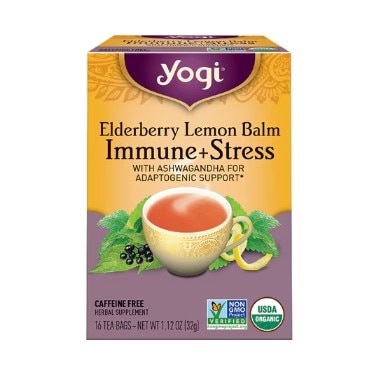
Buying from
sustainable brands with ethical trade practices can help align your purchases with your values. Look for the B Corp seal for an easy way to know that the products you buy were made in ways that support people and the planet as well as profits.














 Buying from sustainable brands with ethical trade practices can help align your purchases with your values. Look for the B Corp seal for an easy way to know that the products you buy were made in ways that support people and the planet as well as profits.
Buying from sustainable brands with ethical trade practices can help align your purchases with your values. Look for the B Corp seal for an easy way to know that the products you buy were made in ways that support people and the planet as well as profits.



